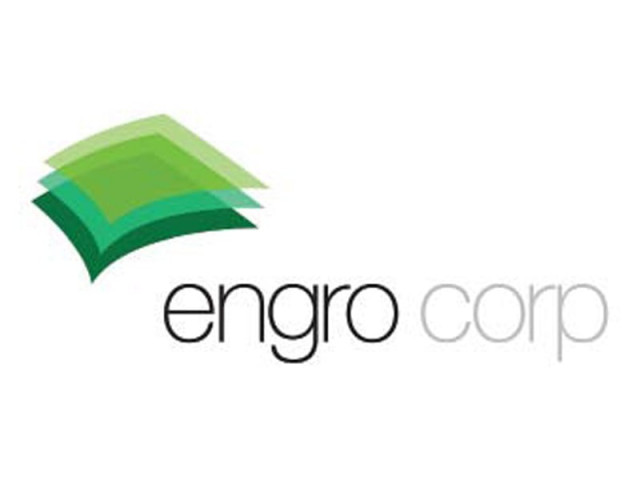Providing logistics: Engro eager to enter LNG market
Firm ready to expand import terminal pending govt go-ahead.

Engro Vopak is eager to begin imports of liquefied natural gas (LNG) into the country, though it is waiting on the government to grant regulatory approvals before its import terminal can begin its LNG operations.
“Pakistan has no option at this point but to import LNG to meet its energy demand,” said Sheikh Imranul Haque, the chief executive of Engro Vopak Terminal Limited, a joint venture between the Engro Corporation, one of the largest industrial conglomerates in Pakistan, and Royal Vopak, a Netherlands-based company.
As Pakistan’s domestic gas fields continue to be exhausted and with fewer new fields coming online, the country faces a massive gas shortage of around 1 billion cubic feet per day (cfd), which is expected to increase to 2 billion cfd by 2015 and 4 billion cfd by 2020, according to an analysis conducted by the petroleum ministry.
Haque believes that the country has no choice but to import LNG, though he is cognisant of the fact that it is more expensive than the current natural gas supply.
“The imported LNG price will be three times higher compared to present gas prices but it is still cheaper than the expensive furnace oil that we use to produce electricity,” said Haque.
Officials at government-owned gas distribution companies agree that LNG imports, despite higher prices, will have to be a key component of the country’s strategy to meet its energy needs.
An official at the state-owned Sui Southern Gas Company – one of the two gas distribution companies in the country – said that LNG imports could begin as early as the second quarter of 2012, though he said that a lot depended on the ability of the companies developing the logistics capability to deliver on their commitments.
Engro Vopak, however, insists that the ability to meet those timelines depends upon how fast government gives approvals. The company’s expertise in chemical transportation and storage is expected to be an advantage in its efforts to set up LNG import facilities.
Engro Vopak company owns and operates the only shipping terminal and storage facility in Pakistan for liquid chemicals and liquefied petroleum gas (LPG) – not to be confused with LNG. In 2009, the company commissioned the first cryogenic import facility in Pakistan for ethylene.
Liquefied natural gas is just what the name suggests: natural gas that is liquefied through a combination of high pressure and cooling. It is possible to fit 600 times more LNG in a given cubic space as regular natural gas, making it possible to feasibly transport large quantities of gas on ships from countries with hydrocarbon surpluses such as Qatar, Iran and Russia to countries with severe shortages, such as Pakistan and India.
Once at an import terminal, the LNG is then converted back to gas form (essentially by allowing it to come back to room temperature and normal pressure) and then pumped through a gas pipeline system.
Both government and private sector organisations believe that LNG is the only way Pakistan can keep its energy costs low, rather than having to rely on expensive oil imports for power generation. Pakistan is also aided by geography: the main ports in the country are less than three days sailing time from two of the three largest gas producing countries in the world – Iran and Qatar.
SSGC officials admit that the project should have been started much earlier, but the government wasted over two years due to a lack of planning.
However, the company recently invited expressions of interest from private sector firms to build an LNG floating storage and re-gasification vessel.
Published in The Express Tribune, May 28th, 2011.



















COMMENTS
Comments are moderated and generally will be posted if they are on-topic and not abusive.
For more information, please see our Comments FAQ